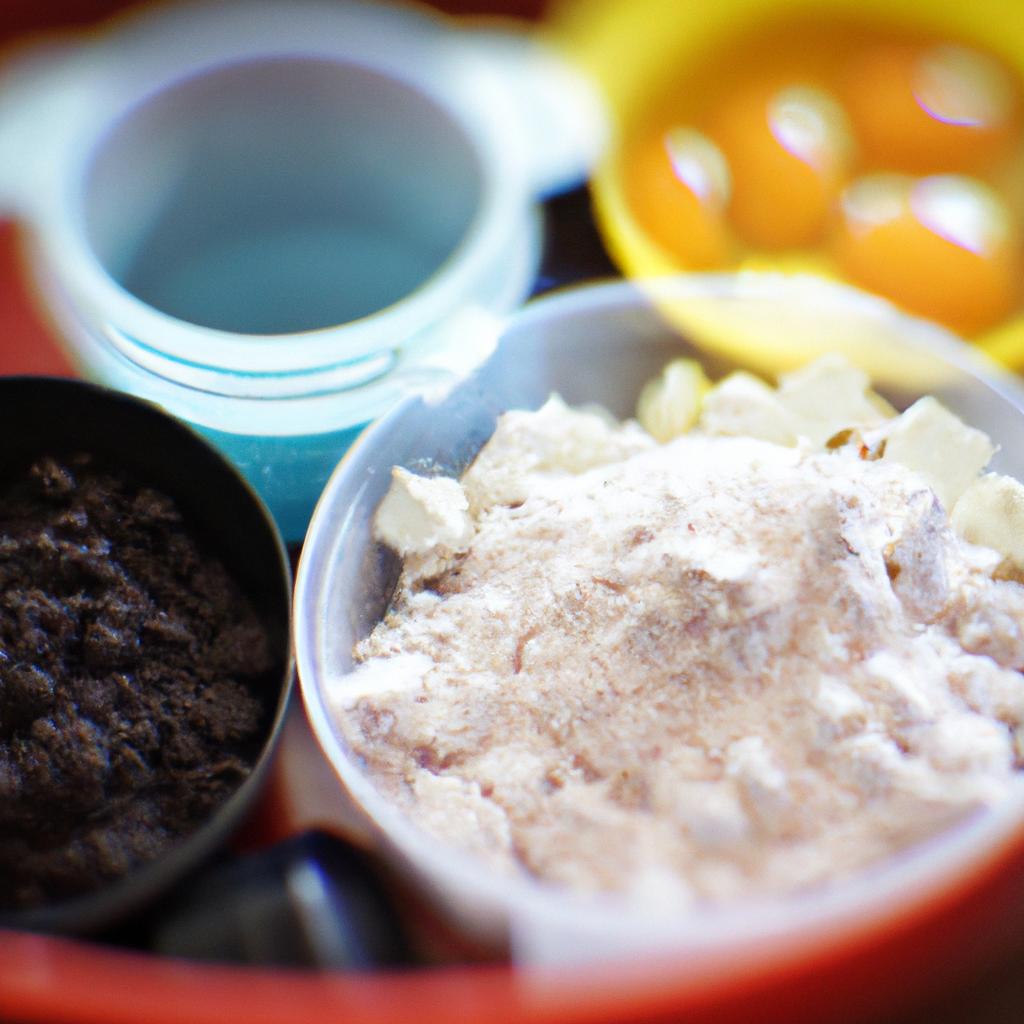The Ketogenic Diet for Strength Athletes: Optimizing Protein Intake and Macronutrient Ratios for Maximum Gains
The Ketogenic Diet for Strength Athletes: Maximizing Protein Intake and Macronutrient Ratios for Gains
Strength athletes aim for peak performance and muscle growth. Many explore diets to reach their goals. The ketogenic diet’s low-carb, high-fat approach has gained popularity. However, the diet raises questions about protein intake and macronutrient ratios. Let’s explore how strength athletes can optimize their nutrition on a ketogenic diet.
Understanding the Ketogenic Diet
The ketogenic diet drastically reduces carbohydrate intake while increasing fat consumption. This shift forces the body into ketosis. In ketosis, the body burns fat for fuel instead of carbohydrates. Consequently, this method can lead to fat loss while maintaining muscle mass.
Not all ketogenic diets suit everyone. Strength athletes need to adjust their macronutrient ratios. They must prioritize protein intake to support muscle repair and growth. Understanding these ratios becomes crucial for maximizing gains.
Optimizing Protein Intake
Ideal Protein Ratios for Strength Athletes
Strength athletes should increase their protein intake. Aim for 1.6 to 2.2 grams per kilogram of body weight. This amount supports muscle repair and growth during intense training periods.
Athletes benefit from spreading protein intake throughout the day. Consume 20 to 40 grams of protein every 3 to 4 hours. Timing matters just as much as the amount.
Choosing Quality Protein Sources
Not all protein sources are equal. Strength athletes should prioritize high-quality, complete proteins. Include meat, fish, eggs, and dairy products. Plant-based proteins can also play a role but may lack essential amino acids.
Consider supplementing with protein powders. Whey and casein protein powders offer convenient options. They help meet daily protein goals without exceeding carbohydrate limits.
Macronutrient Ratios for Strength Gains
Standard Ketogenic Ratios
A standard ketogenic diet consists of 70% fat, 25% protein, and 5% carbohydrates. Strength athletes may need to tweak these ratios. A suitable approach involves 60% fat, 35% protein, and 5% carbohydrates. This adjustment provides adequate protein for muscle recovery while maintaining ketosis.
Monitoring Carb Intake
Carbohydrate intake remains crucial on a ketogenic diet. While the diet restricts carbs, strength athletes still require some for optimal performance. Focus on low-glycemic, fibrous vegetables and small portions of berries. These options provide essential nutrients without disrupting ketosis.
Consider cycling carbohydrates around training sessions. Consume a small amount of carbs before and after workouts. This practice enhances performance and recovery while preventing energy crashes.
Exercise Advice for Ketogenic Strength Athletes
Adapting Training to the Diet
Transitioning to a ketogenic diet may require training adjustments. Strength athletes could initially experience decreased energy levels. They should gradually adapt their workout routines.
Start with moderate-intensity workouts and focus on form. As the body adjusts to ketosis, gradually increase intensity and volume. This approach helps maintain performance and reduces burnout risks.
Incorporating Recovery Techniques
Recovery becomes essential on a ketogenic diet. Strength athletes need to prioritize rest and recovery techniques. Adequate sleep, hydration, and active recovery aid muscle repair.
Incorporate mobility work and flexibility training. These practices help maintain range of motion and prevent injuries.
Health Benefits of the Ketogenic Diet
Improved Body Composition
One primary benefit of the ketogenic diet is improved body composition. Studies show that the diet promotes fat loss while preserving lean muscle mass. Strength athletes may notice enhanced performance and aesthetics.
Enhanced Mental Clarity
The ketogenic diet may boost mental clarity and focus. Many athletes report improved cognitive function in ketosis. This benefit translates into better concentration during workouts and competitions.
Decreased Inflammation
Research indicates that ketogenic diets can reduce inflammation. This effect may lead to quicker recovery times for strength athletes. Athletes may experience fewer injuries and improved performance longevity.
Conclusion
The ketogenic diet offers strength athletes a unique approach to nutrition. By optimizing protein intake and adjusting macronutrient ratios, athletes can maximize their gains. Focus on high-quality protein sources, monitor carbohydrate intake, and adapt training methods.
Overall, the ketogenic diet enhances body composition, mental clarity, and recovery. With careful planning and adjustment, strength athletes can thrive while enjoying the benefits of a ketogenic lifestyle.
Below are related products to the topic if you’re interested:
FAQ
What is the recommended protein intake for strength athletes on a ketogenic diet?
Strength athletes should aim for a protein intake of 1.6 to 2.2 grams per kilogram of body weight. This level supports muscle repair and growth, especially during intense training periods. It’s also beneficial to spread protein consumption throughout the day, targeting 20 to 40 grams every 3 to 4 hours.
How should macronutrient ratios be adjusted for strength athletes on a ketogenic diet?
While a standard ketogenic diet typically consists of 70% fat, 25% protein, and 5% carbohydrates, strength athletes may find better results with a ratio of 60% fat, 35% protein, and 5% carbohydrates. This adjustment allows for adequate protein intake to support muscle recovery while maintaining ketosis.
What are some effective recovery techniques for strength athletes on a ketogenic diet?
Recovery is essential for strength athletes on a ketogenic diet. Prioritizing adequate sleep, hydration, and active recovery techniques is crucial. Incorporating mobility work and flexibility training can help maintain range of motion and prevent injuries, facilitating optimal performance and recovery.















Post Comment